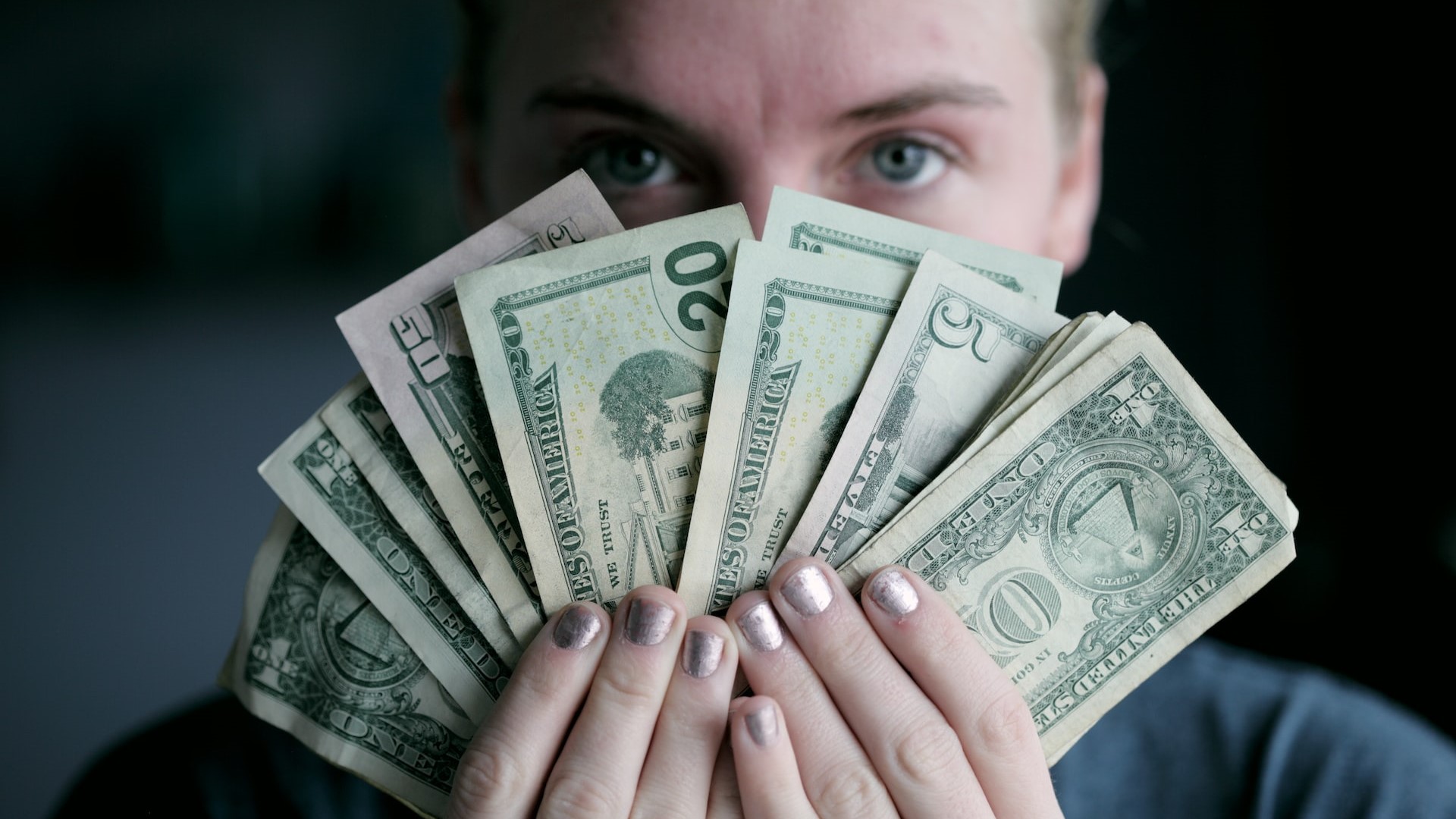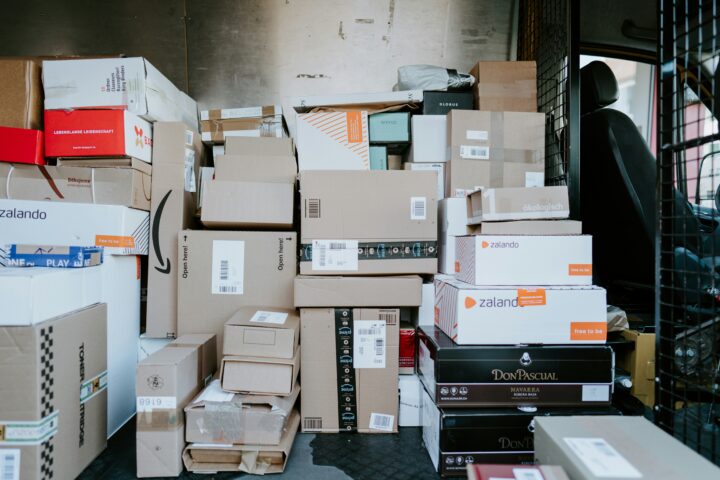
Having some cash on hand is crucial to our financial stability – for your business and personally. Having too little money in your bank account can put you in a difficult situation if you lose your job or face an emergency. Similarly, having too much cash could put you in a worse position if you run into a financial crisis.
Here are some strategies to help you make sure that both your business and personal bank cash is sufficient without causing financial issues.
Savings Accounts
If you’re looking to keep a large amount of money in the bank, you may wonder which savings account is correct. While it’s not quite as liquid as a checking account, a savings account is still an easy way to save money. For example, if you have bills that need to be paid but don’t have enough cash in your checking account, you can simply go to your savings account to borrow money. However, every bank has varying rules regarding how many monthly withdrawals you can make.
Investing in high-yield accounts is the best way to make the most of your savings. These accounts are best for building an emergency fund and a safety net of short-term savings. The interest rates in high-yield accounts can be up to 16 percent higher than the standard savings account.
Money Market Accounts
Money market accounts are the best choice if you have a large sum of money that you need access to regularly. These accounts can earn higher interest than others and have additional benefits, including unlimited transfers and three free withdrawals. In addition, they are insured by the Federal Deposit Insurance Corporation (FDIC).
Money market accounts are low-risk investments. They earn interest on short-term debt securities, and they’re insured by the Federal Deposit Insurance Corporation (FDIC). The interest earned on money market accounts can be higher than in other savings accounts, which are usually taxable. However, a money market account’s minimum balance is higher than a regular savings account.
Checking Accounts
Checking accounts are a common place to keep the cash just like checking trade BTC USDT. People use these accounts to deposit paychecks and pay bills. However, checking accounts are notorious for low-interest rates. That means the money you keep in your checking account is not working for you. However, saving some money in your checking account in emergencies is essential.
Many experts recommend keeping one and two months of expenses in your checking account. This will help you avoid fees and keep your finances stable. But remember that even the most financial-minded person can forget about their expenses from time to time. Also, it is essential to avoid overdrawing your account to avoid charges.
Money Market Account Rates
Money market accounts have similar features to savings accounts, including the ability to earn interest on the extra money you hold. Online-only banks most commonly offer money market accounts. These banks often pay annual percentage yields of around 2%, higher than the national average. These rates will help you earn more money without contributing as much as you would with a traditional savings account.
Many money market accounts offer debit cards or checks for withdrawals. They are also FDIC insured and are protected up to $250,000 per person and bank. The best money market account offers a high APY and is backed by the Federal Deposit Insurance Corporation. However, it is essential to note that the best money market account rates change from time to time, so shop around to find the best account for your needs.
Keeping Cash at Home
Keeping cash at home is safer for many Americans than keeping it in the bank. According to a recent Harris Poll, nearly half of the country feels more secure keeping their cash at home. However, there are some downsides to keeping cash at home. The first is that the cash can be stolen.
Cash can also get damaged at home. Although cash is more durable than printer paper, it is still susceptible to rips, mold, and rot. This can be a concern in areas of high humidity and flooding. Therefore, it is best to store cash at home in a safe. However, remember that if you plan to spend some money for emergencies, you should keep it in a bank account. If you want to park large amounts of money in a bank, consider opening a certificate of deposit.
Limits on the Amount of Cash You Can Keep in the Bank
Limits on the amount of cash you can keep in the bank affect your ability to earn money and can have a detrimental effect on your savings. Many banks set daily limits on the number of ATM withdrawals you can make and the amount you can spend on debit cards. To maximize your savings, you should aim to stay within these limits.
Many banks also impose deposit limits. These limits vary by the bank but generally range from $100 to $2,500. If the limit is higher than that, consider switching to a bank with a lower minimum balance requirement. Banks may also place a daily limit on the amount you can deposit in your checking account.



